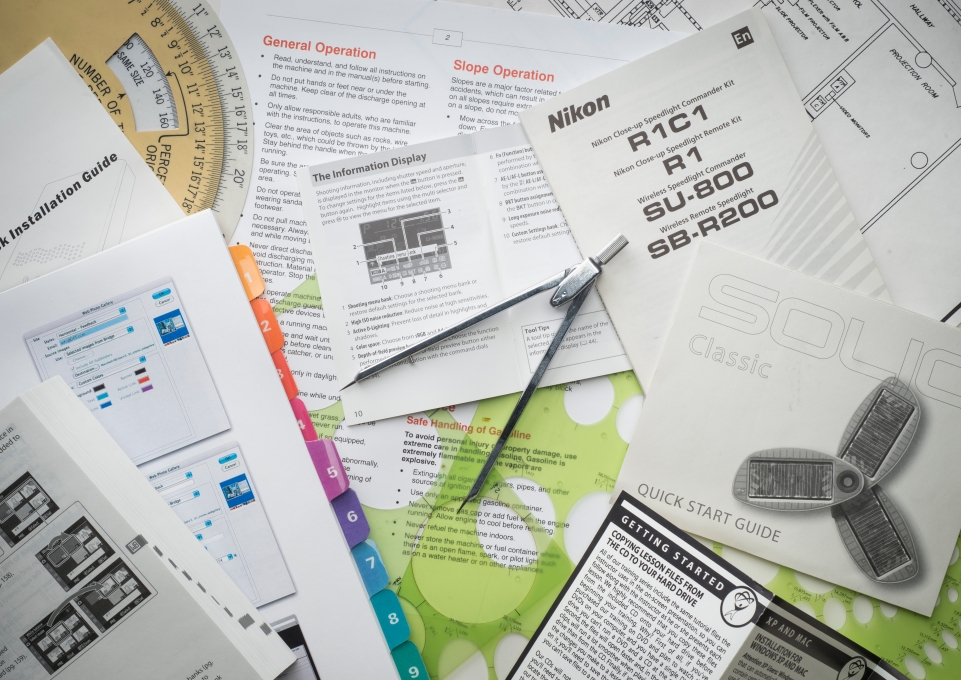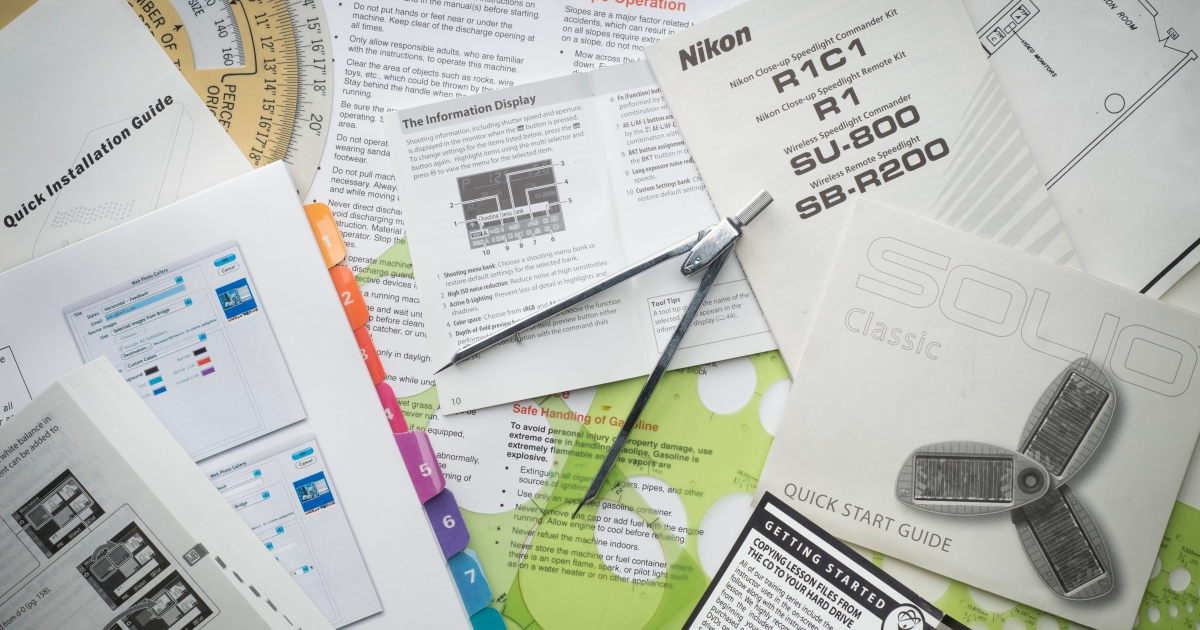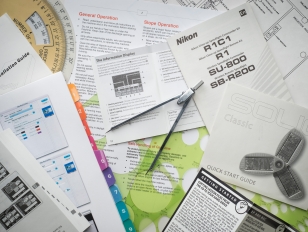
Buffalo State College writing major Matthew Anderson discovered the variety of writing available under the technical writing umbrella when he took Technical Writing in fall 2020.
“I thought it would just be instructional writing, like for manuals,” said Anderson, who transferred to Buffalo State specifically for its writing program. “It also included professional emails, reports, and grant writing.”
Anderson was so impressed by the discipline that he wrote a final paper in his Professional Writing course with Michele Ninacs, associate professor of English, advocating that the college make a technical writing certificate available to students.
He got his wish. A technical writing certificate program submitted by the English Department recently received formal approval from SUNY System Administration and the New York State Education Department.
“Students who focus on technical writing are ready to go right into the job force. Technical writing should be attractive to students who like to write but also want to have the assurance of a well-paying job with benefits.”
“Because we recognize it’s a burgeoning field, and parents, in particular, want to see career options for their students who choose a writing major, it made sense to create this certificate program,” said Ninacs, who oversees the undergraduate writing program with associate professor Kim Chinquee.
She noted that Ralph Wahlstrom, professor emeritus of English, worked with Lisa Berglund, professor and chair of English, to spearhead the effort a few years ago.
It’s a timely addition to the Buffalo State curriculum.
According to the U.S. Bureau of Labor Statistics, jobs for technical writers are projected to grow by 7 percent by 2029. Considering the number of new gadgets, software, and technical devices that hit the market each year, it’s no surprise that technical writers are in demand. And the jobs pay well—the median annual salary is $72,850.
“Writing majors have options,” Ninacs said. “They can focus on creative writing and maybe write for blogs or literary journals. They can focus on composition, in which they typically continue into a master’s program and go into academia. Students who focus on technical writing are ready to go right into the job force. Technical writing should be attractive to students who like to write but also want to have the assurance of a well-paying job with benefits.”
The 12-credit certificate program trains students to hone their writing skills to produce professional documents for a variety of business environments. It’s composed of three core courses—Writing for the Professions, Technical Writing, and Writing Grants and Proposals—and an elective from one of several disciplines, including English, Spanish, music, theater, chemistry, and engineering technology. The certificate program will be included on students’ diplomas and can be an asset to their résumés.
Anderson, who grew up in Kenmore, New York, and attended Erie Community College before transferring to Buffalo State, said he’s always liked reading technical manuals and learning about the intricacies of computers. He also enjoys both creative and expository writing.
“I like how many fields are open in technical writing,” he said. “There are lots of job opportunities.”
While it may appeal to English majors, Ninacs noted, they aren’t the only ones drawn to technical writing courses. And she imagines some may want to pursue the certificate as well.
“We’re seeing students from across the curriculum signing up for technical writing courses, especially Writing for the Professions,” she said. “I have students in the hard sciences, art majors, criminal justice majors, and education majors who know they need to master professional writing to get a job, as well as writing they may be required to do as part of their jobs. This certificate could serve a wide swath of students.”
Because there is no licensing exam to become a technical writer, students who graduate with a bachelor’s degree and the certificate can head right into the job market.
“Technical writing also has good freelance opportunities,” Ninacs said. “And it offers lots of flexibility, which is attractive to our students.”
Photo illustration by Bruce Fox, campus photographer.



